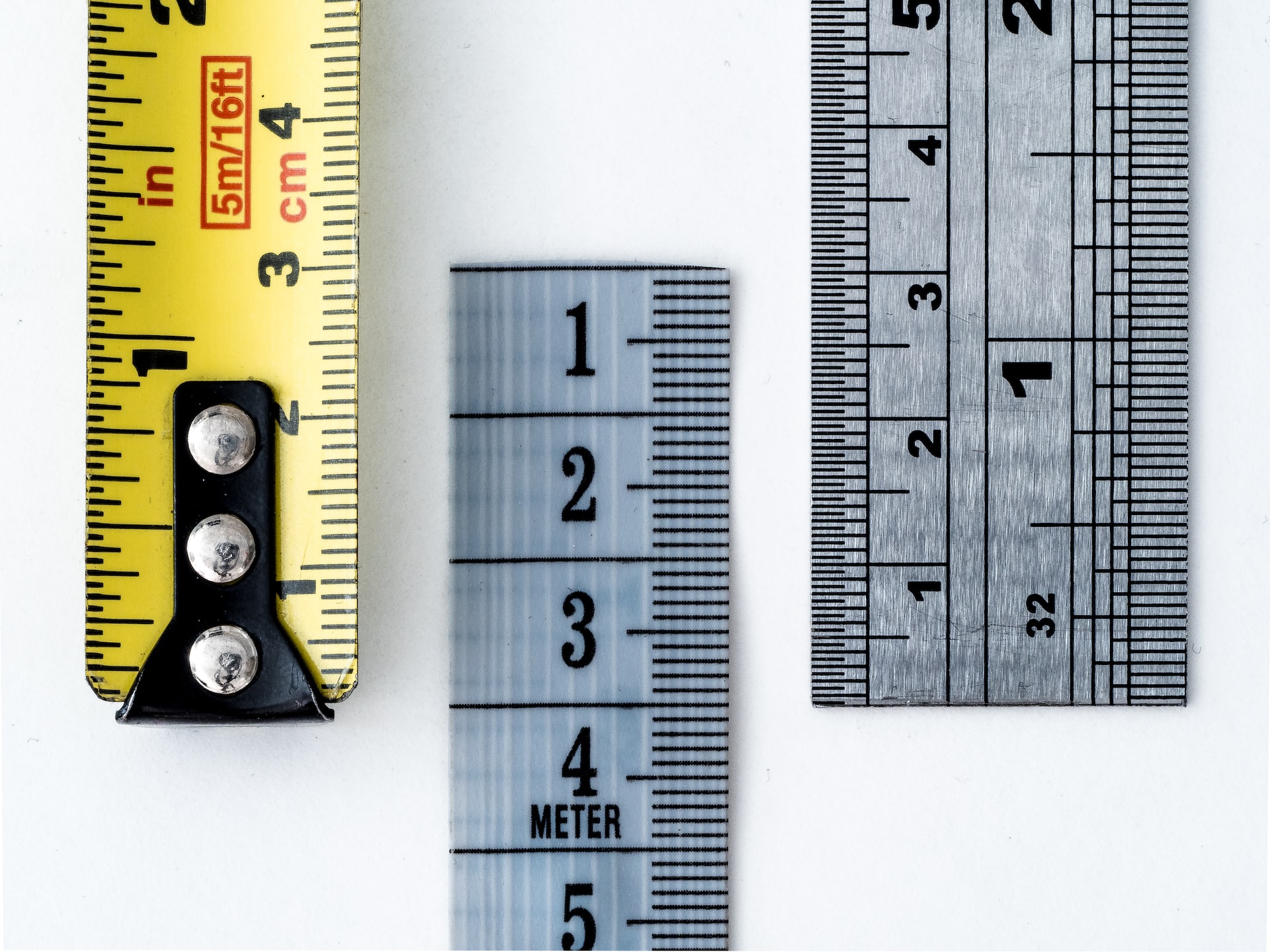by Marija Josifovska
Share
by Marija Josifovska
Share

Setting an asking price is one of the most challenging aspects of the land-selling process. If you have lots larger than the other ones in your neighborhood, you might be curious if you could sell them for a higher price. While a parcel of land may have a higher appraised value if it’s significantly larger than other lots, that’s not always the case. In fact, the price a buyer will pay for a home is influenced by several other factors. This may be including the state of the market, loan rates, and the property’s size, condition, and location.
In this guide, we discuss how lot size influences property value. What is considered a good lot size, and how the size may affect the sale of the property.
Lot Size As a Factor in the Property Value
As we said, larger plots are often more valuable. That being said, the exact property value may vary depending on several additional factors:
Location
The value of a larger parcel of land depends on its location. For example, a property that is an acre and a half in size wouldn’t be desirable if everything else in the area is one acre. But if some lots are one acre and some are five acres, the larger areas will probably fetch much higher prices. Moreover, when evaluating square footage and lot size, ratios are very important. One additional acre, for instance, won’t add much value to a 5,000-acre farm. However, an additional acre to a one-acre lot doubles its size and, therefore, could increase the property value dramatically.
Traffic Patterns
When determining how much value extra land contributes to your home, traffic patterns are often taken into consideration. For example, if you have a large property on a busy highway, potential purchasers might not consider extra road frontage to maintain. On the other hand, a larger lot on a quiet residential cover could be more desirable. The reason is because there are more alternatives for utilizing that space.
Potential Land Uses
The additional square footage’s possible usage will determine how much it increases the value of your lot. For example, it generally will only add a little value if the extra square footage on the lot is entirely inaccessible because of easements, drainage concerns, or zoning.
Land’s Buildability
A house on a huge, steep piece of land may sell for less than a comparable house on a flat lot. Lot buyers frequently favor properties that are convenient to build on, and a steep lot rarely offers this. However, if there are other compensating factors, such as a quiet setting, abundant nature, or a breathtaking view, homes on sloping lots might sell for a premium.
Buyers’ Needs and Wants
Buyers with young children usually look for spacious, level lots that are convenient to access. Busy professionals without children, on the other hand, often prefer small yards or decks because they require less upkeep. So, what is considered a good lot size could vary significantly depending on the prospective buyer’s needs.
What Is Considered a Good Lot Size in 2023?
Many Americans dream of owning a house with a big, well-kept lawn enclosed by a white picket fence. Though at the same time, lot sizes have been getting smaller in the past few years. Along with a shortage of accessible land. According to the latest data, the average lot size for a new single-family home decreased from 18,760 square feet in 1978 to a record low of 13,896 square feet these days.
Although lot sizes vary significantly across the nation, properties in congested cities are generally a quarter of the size of those in more rural locations. Currently, Nevada, California, Arizona, Illinois, and Texas are the top five states with the smallest median lot sizes for new single-family homes, ranging from 7,405 to 9,540 square feet.
Minimum Lot Size Requirements
On the other hand, an increased number of cities now require minimum lot sizes in local residential districts. Many are imposing minimum square feet requirements for homes. The desire to preserve some of the advantages of semi-rural living, such as adequate space, low density, and rambling buildings, has led to incorporating requirements like these. In zoning laws, construction and housing codes, as well as stricter subdivision regulations, particularly in suburban communities bordering large metropolitan centers. As a result, nowadays, it’s not unusual to face demands for minimum building floor areas of 1,000 square feet or minimum lot sizes of half an acre per family.
For example, many municipalities in Vermont have passed minimum lot size zoning rules. The reason is to save natural habitats and preserve agricultural and forestry land. Large-lot rural districts, which require lots to be between 25 and 50 acres, are specifically zoned in several municipalities. As a result, the median lot size in Vermont is 78,408 square feet. Which is by far the highest of any state. Also, more than ten times larger than the median lot size in Nevada. The size of the typical property parcel in Maine has also increased due to a statewide zoning ordinance that mandates that every lot with a septic tank must be at least 20,000 square feet. In terms of lot size, Maine has the third-largest median at 45,738 square feet.
Final Thoughts
Knowing the size and cost of residential lots around the nation is a valuable asset for any land seller in a thriving real estate market. In recent years, lot sizes have shrunk, especially in high-demand regions with a limited supply of land. But even though the largest lots are in towns with minimum lot size zoning laws intended to preserve low-density districts and conserve natural areas, it’s expected that many communities will start eliminating their minimum lot size regulations to make space for new development.
If you’re looking for a straightforward solution to get rid of unwanted land, make sure to contact SimpleLandSelling. We’re a professional land-buying company looking to buy your property and pay you in cash!

